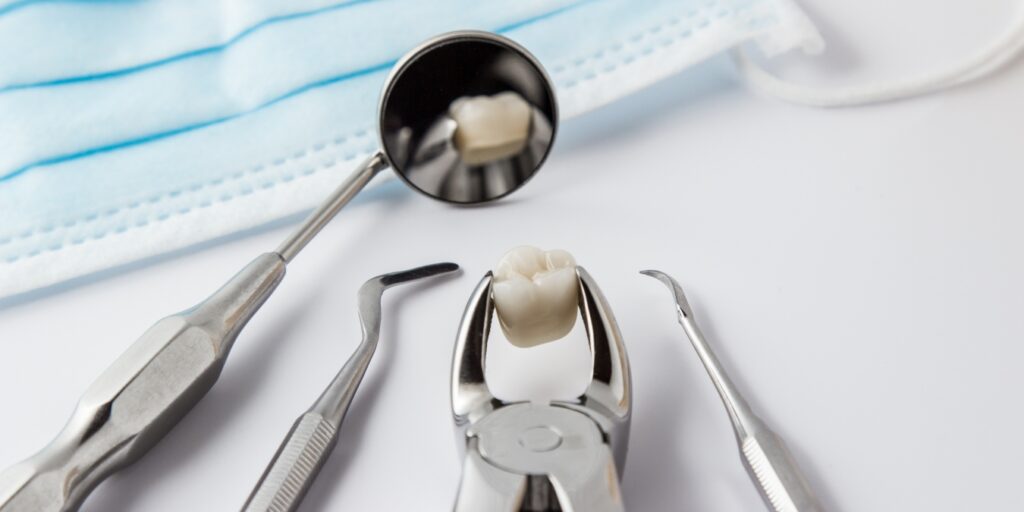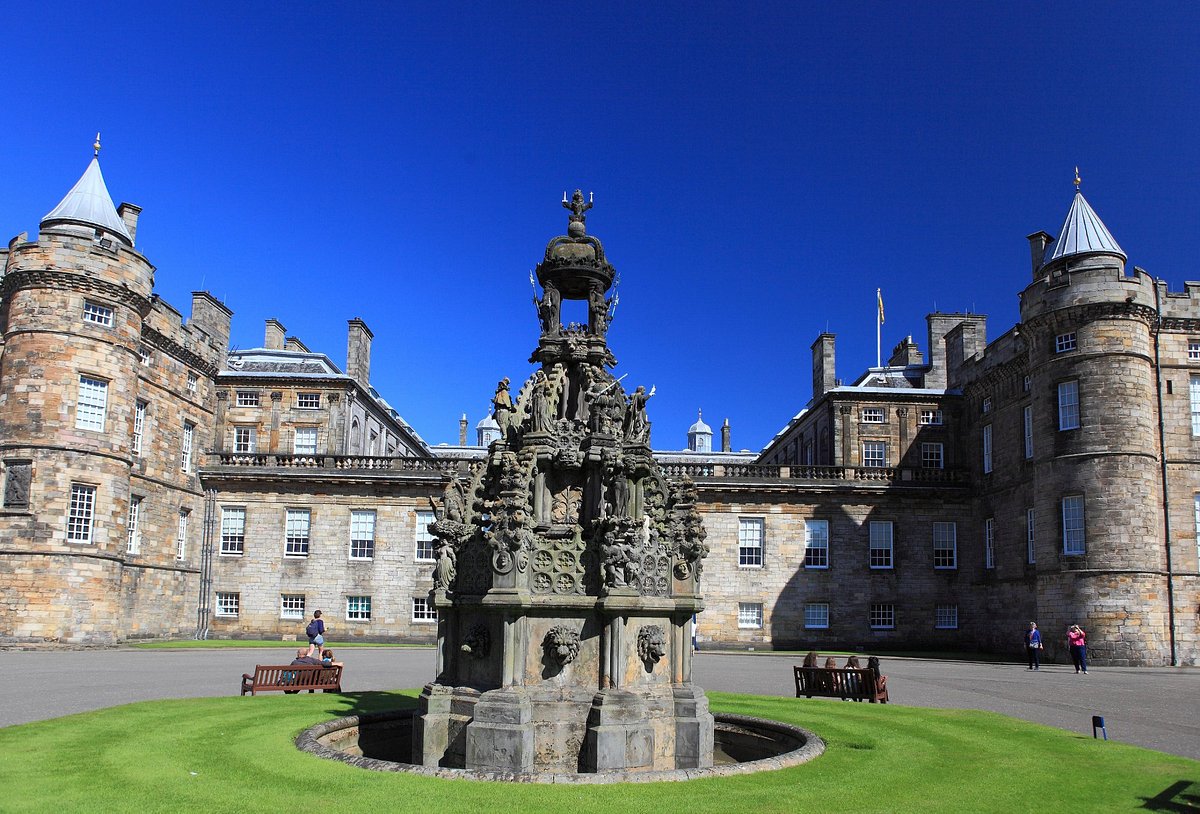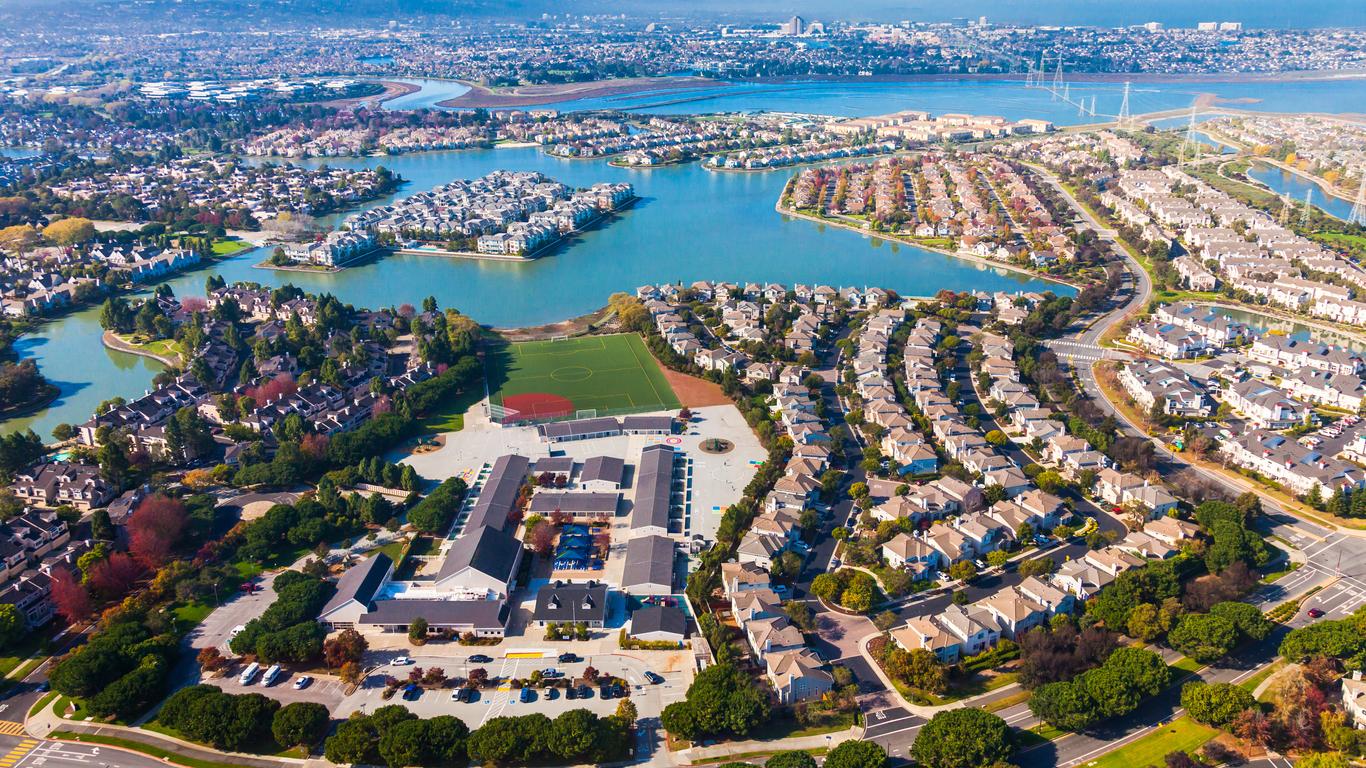Introduction
The removal of wisdom teeth, also known as third molars, is a common dental procedure aimed at preventing or resolving various oral health issues. Located in Burbank, the Alameda Oral Surgery Group is renowned for its expertise and patient-centered approach to wisdom teeth extraction. This article delves into the intricacies of wisdom teeth removal, outlining the reasons for extraction, the procedure itself, post-operative care, and common concerns. Additionally, a comprehensive FAQ section is included to address the most frequently asked questions about wisdom teeth removal.
Understanding Wisdom Teeth
What Are Wisdom Teeth?
Wisdom teeth are the last set of molars that typically emerge in the late teenage years or early twenties. Most people have four wisdom teeth, although it is not uncommon to have fewer or none at all. These teeth can often cause problems due to a lack of space in the mouth, leading to impaction or improper alignment.
Why Remove Wisdom Teeth?
Wisdom teeth removal is generally recommended for several reasons:
- Impaction: When there isn’t enough space for the wisdom teeth to emerge properly, they can become trapped within the jawbone or gums.
- Crowding: The emergence of wisdom teeth can push other teeth out of alignment.
- Infection: Partially erupted wisdom teeth can create a flap of gum tissue that traps food and bacteria, leading to infections.
- Decay: Wisdom teeth are located at the back of the mouth and are harder to clean, making them more susceptible to cavities and gum disease.
The Burbank Alameda Oral Surgery Group Approach
Expert Team
The Burbank Alameda Oral Surgery Group is staffed by a team of experienced oral surgeons who specialize in wisdom teeth extraction. Their expertise ensures that each patient receives the highest standard of care, tailored to their individual needs.
State-of-the-Art Facility
The clinic is equipped with advanced technology and modern surgical instruments, providing a safe and comfortable environment for all procedures. This commitment to cutting-edge technology enhances the precision and effectiveness of wisdom teeth removal.
Personalized Care
From the initial consultation to post-operative follow-ups, the Burbank Alameda Oral Surgery Group offers personalized care. They prioritize patient education, ensuring that each individual understands the procedure and feels comfortable with their treatment plan.
The Wisdom Teeth Removal Procedure
Initial Consultation
The process begins with a thorough consultation. During this visit, the oral surgeon will:
- Review the patient’s medical history.
- Conduct a comprehensive oral examination.
- Take X-rays to assess the position of the wisdom teeth and plan the extraction strategy.
Pre-Operative Instructions
Patients will receive detailed pre-operative instructions, which typically include:
- Fasting for a certain period before surgery if general anesthesia is used.
- Arranging transportation, as driving post-surgery is not recommended.
- Avoiding certain medications that might interfere with anesthesia or the healing process.
The Day of Surgery
On the day of surgery, patients can expect the following steps:
Anesthesia
Depending on the complexity of the extraction and patient preference, different types of anesthesia may be used:
- Local Anesthesia: Numbs the specific area of the mouth.
- Sedation Anesthesia: Administered through an intravenous (IV) line to relax the patient.
- General Anesthesia: Causes the patient to sleep through the procedure.
Extraction Process
The extraction process varies depending on whether the wisdom teeth are impacted:
- Simple Extraction: If the teeth have fully erupted, the surgeon will loosen them with an elevator and remove them with forceps.
- Surgical Extraction: For impacted teeth, the surgeon may need to make an incision in the gum, remove any bone blocking the tooth, and then extract the tooth. In some cases, the tooth may need to be broken into smaller pieces for easier removal.
Post-Operative Care
After the procedure, patients will be given post-operative instructions to ensure proper healing. This typically includes:
- Managing Pain and Swelling: Prescription or over-the-counter pain relievers and ice packs.
- Diet: Soft foods and plenty of fluids are recommended.
- Oral Hygiene: Instructions on how to gently clean the mouth without disturbing the surgical site.
- Activity Restrictions: Avoiding strenuous activities to prevent complications.
Recovery and Healing
Initial Recovery Period
The first few days post-surgery are critical for recovery. Patients should:
- Rest and avoid physical exertion.
- Follow the prescribed pain management plan.
- Use ice packs to reduce swelling.
Long-Term Healing
Complete healing of the extraction site may take several weeks. During this period, it’s important to:
- Maintain good oral hygiene to prevent infection.
- Attend follow-up appointments to monitor the healing process.
- Avoid smoking and drinking through straws, as these can dislodge the blood clot and lead to dry socket.
Common Complications
While wisdom teeth removal is generally safe, potential complications include:
- Dry Socket: A painful condition where the blood clot at the extraction site dislodges.
- Infection: Signs include persistent pain, swelling, and fever.
- Nerve Damage: Rarely, the nerves in the jaw can be affected, leading to numbness or tingling.
The Burbank Alameda Oral Surgery Group takes every precaution to minimize these risks and provides prompt treatment should any complications arise.
FAQ Section
How do I know if I need my wisdom teeth removed?
Your dentist or oral surgeon will determine if removal is necessary based on X-rays and oral examinations. Common signs that indicate a need for extraction include pain, swelling, infection, and crowding.
Is wisdom teeth removal painful?
The procedure itself is not painful due to the use of anesthesia. Post-operative discomfort is common, but it can be managed with prescribed pain relievers and proper care.
What type of anesthesia is used during the procedure?
The type of anesthesia varies depending on the complexity of the extraction and patient preference. Options include local anesthesia, sedation anesthesia, and general anesthesia.
How long does the recovery process take?
Initial recovery typically takes a few days, but complete healing can take several weeks. Following post-operative care instructions is crucial for a smooth recovery.
Can I eat normally after the procedure?
You should stick to soft foods and liquids for the first few days. Gradually reintroduce solid foods as your mouth heals. Avoid hot, spicy, and crunchy foods that can irritate the surgical site.
What are the signs of complications after surgery?
Common signs of complications include severe pain, excessive swelling, fever, and pus discharge. If you experience any of these symptoms, contact your oral surgeon immediately.
How can I prevent dry socket?
To prevent dry socket, avoid smoking, drinking through straws, and vigorous rinsing or spitting for the first few days after surgery. Follow your surgeon’s post-operative care instructions carefully.
Will my insurance cover the cost of wisdom teeth removal?
Insurance coverage varies. It’s best to check with your insurance provider and the oral surgery group’s billing department to understand your benefits and out-of-pocket costs.
Can all four wisdom teeth be removed at once?
Yes, it is common to remove all four wisdom teeth in a single procedure. This approach minimizes the overall recovery time and the need for multiple surgeries.
What should I expect at my follow-up appointment?
During the follow-up appointment, the oral surgeon will check the healing progress, remove any stitches if necessary, and address any concerns you might have. It’s an important step to ensure a smooth recovery.
Conclusion
Wisdom teeth removal is a significant procedure that can prevent numerous oral health issues. The Burbank Alameda Oral Surgery Group provides expert care, ensuring that patients experience minimal discomfort and a swift recovery. By understanding the reasons for extraction, the procedure itself, and proper post-operative care, patients can approach wisdom teeth removal with confidence. For more information or to schedule a consultation, contact the Burbank Alameda Oral Surgery Group today.



